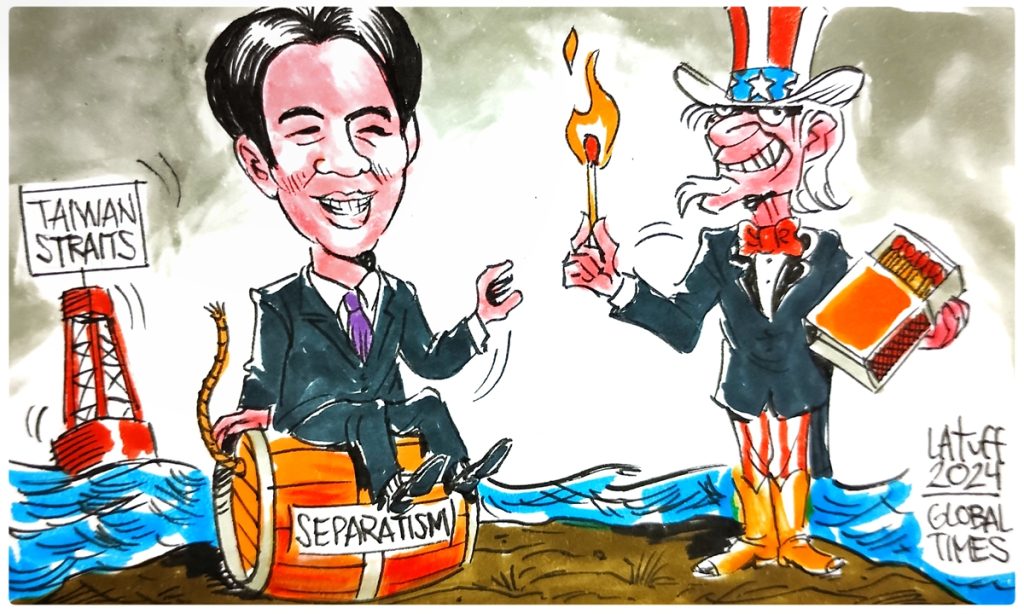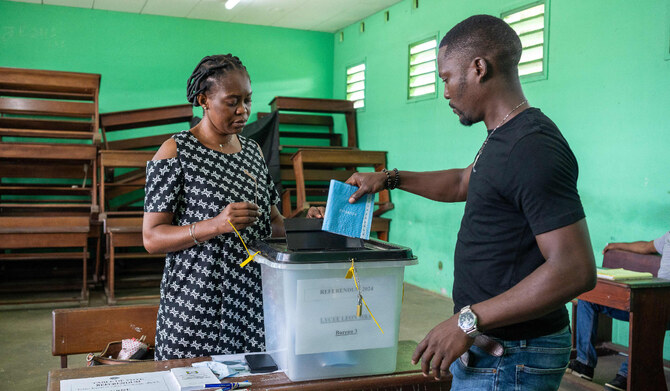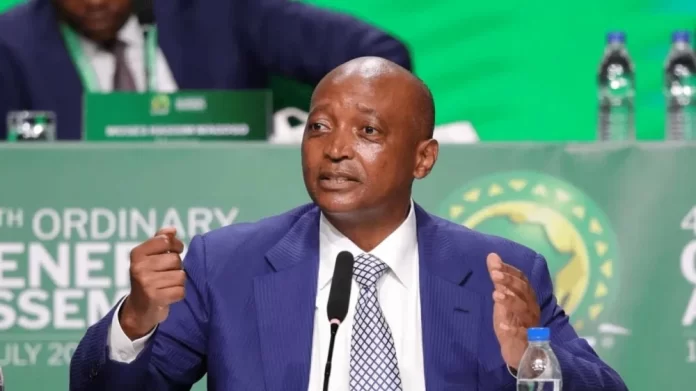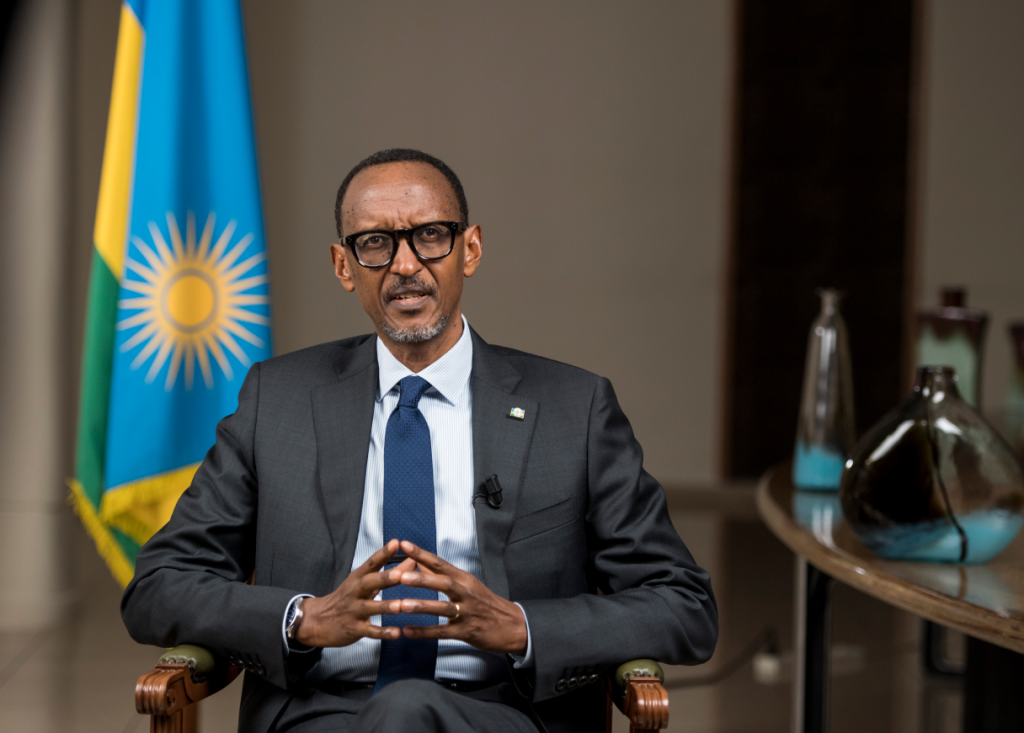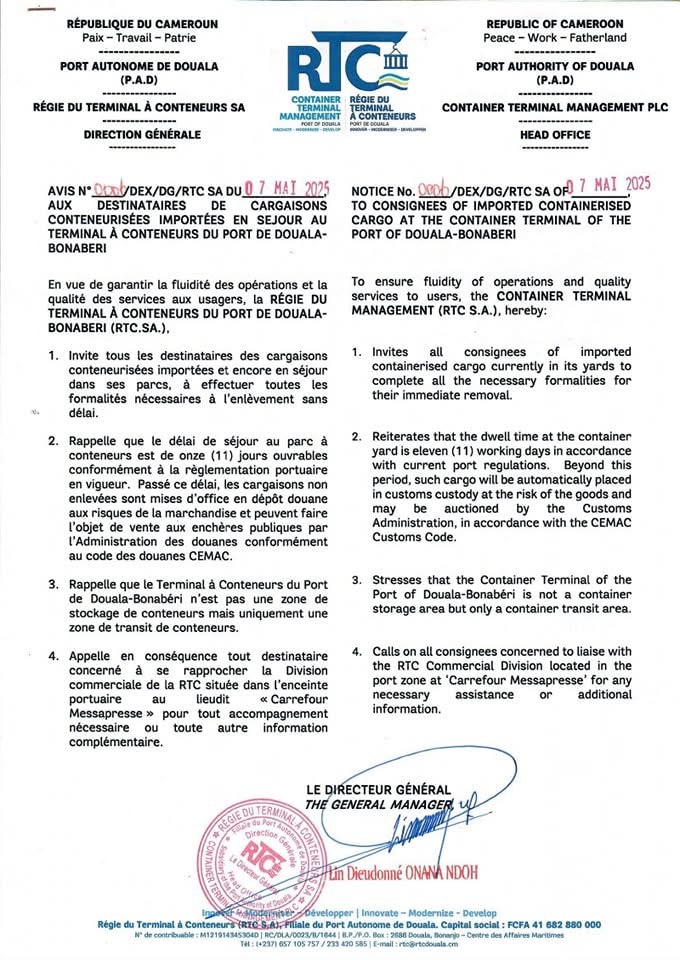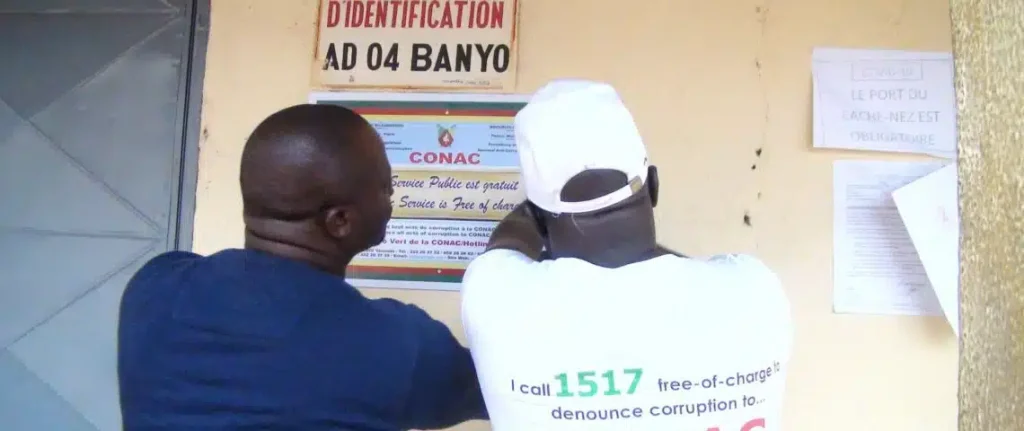Congratulating a « presidential election » as « victory of democracy, » sending delegations to the « inauguration » of the newly-elected — these are protocol arrangements that are quite usual between sovereign countries when either side has elected a new head of state. It would seem rather peculiar and quite weird if such practices took place between a country and a region of another country. This was exactly what happened days ago when the regional leadership election was held in Taiwan, a province of the People’s Republic of China. Congratulatory messages came from the Secretary of State and State Department spokesman of the US. Both should represent the official position of the country, which has always acknowledged Taiwan as part of China.
Since Lai Ching-te, a typical « trouble-maker » for cross-Straits relations and a self-claimed « Taiwan independence worker, » was elected as the regional leader of Taiwan, what the US has done has seriously violated the three China-US joint communiqués and breached its own commitment of acknowledging that there is but one China and Taiwan is part of China.
Saying « we do not support independence » is only paying lip service. Rhetoric cannot be used as a cover for the intimate interaction between Washington and Taipei. Besides the message from the State Department, the visit to Taipei immediately after the counting of votes by a high-level US delegation, which was said to be sent by President Biden to convey blessing or reassurance or whatever it is, could be interpreted as a certain endorsement from the US government. This has sent a gravely wrong signal to the separatist forces on the island and caused great indignation and rage among people from the mainland.
Neither can the visits by US congressmen to Taiwan at the « inauguration » be excused as unofficial exchanges, since the legislative branch was fundamentally a part of the US state power. Officials in the government and lawmakers in congress alike represent the US and speak on behalf of the country. However, what their gestures tell Lai and his deputy is nothing more than the US supporting their efforts. As a result, the « Taiwan independence » forces led by them will only become more and more reckless in their unscrupulous moves toward separation.
These actions are further attempts at slicing the « sausage » and changing the « status quo » of cross-Straits relations. This is how it is done: Politically, the US has repeatedly introduced Taiwan-related bills to enhance its contact with Taiwan, encouraging frequent visits to Taiwan by more politicians. It has also supported Taiwan in « expanding» its so-called « international space, » such as seeking membership in some international organizations. Militarily, the US has increased arms sales to Taiwan and frequently sent warships to the Taiwan Straits.
By so doing, the US has continuously set negative « precedents » regarding the Taiwan question. It has blurred, hollowed out and distorted the one-China principle and the « prefix » and « suffix » of its own « one-China policy » have become increasingly convoluted. It is the US that has kept trying to change the status quo across the Taiwan Straits while falsely accusing China of doing the same.
Under these tactics, the « status quo » across the Taiwan Straits no longer refers to a peaceful state in which the two sides live in peace and harmony, but a dangerous process in which the DPP authorities continue to promote de-Sinicization and independence, aiming to haul the island further away from the motherland. To blindly emphasize the maintenance of such a « status quo » is to support « Taiwan independence » and split Chinese territory in the end, leading to « one China, one Taiwan. » This is a serious trampling on China’s national interests. No Chinese will agree.
It is also futile for the US to use the trap of « keeping the status quo » on the Taiwan question to tie down China. China has full sovereign rights over the island, as Taiwan is an integral part of the country. China has the right to maintain a « status quo » that is conducive to the development of relations across the Straits. It also has the right to change any distorted « status quo » that runs counter to its national reunification. The starting point of either option is the reunification of China and the well-being of compatriots on both sides of the Taiwan Straits.
When more than 100 countries and international organizations have reiterated their support for the one-China principle and strongly opposed « Taiwan independence » right after the regional election on the island, the US had better think twice about what it will bring to itself and to China-US relations by changing the status quo across the Taiwan Straits.


